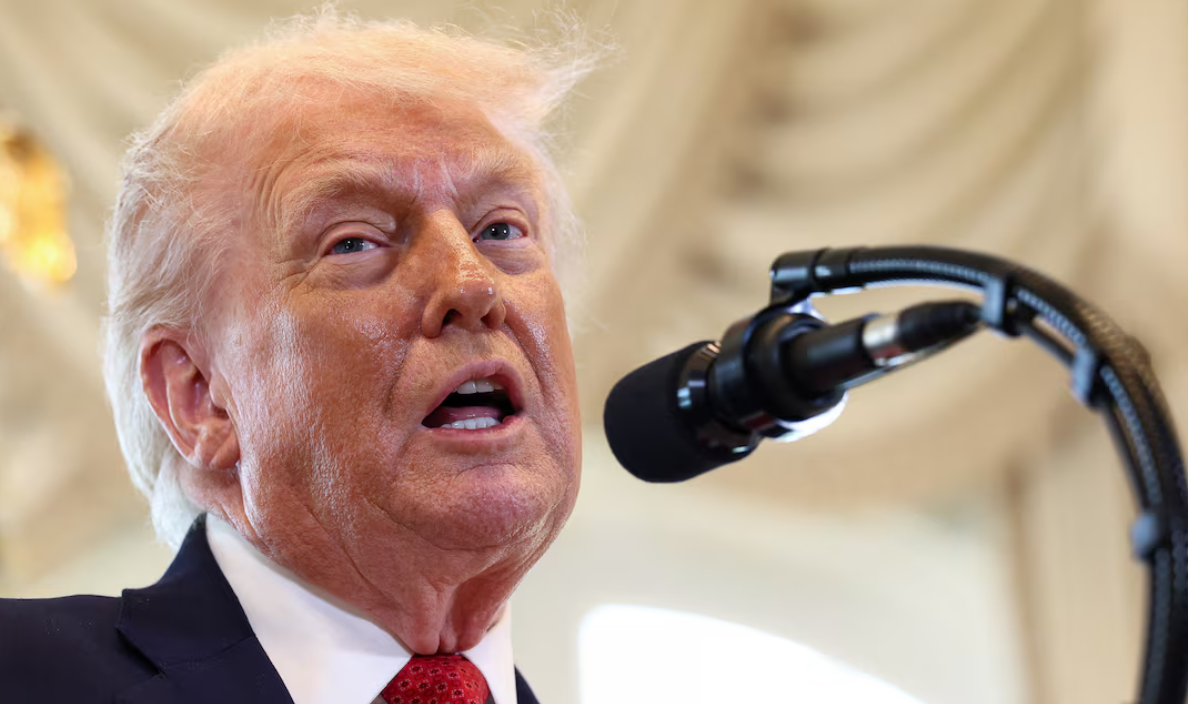The debt reached the new “alarming milestone” with $1 trillion in borrowing added this year alone
The US has reached “yet another dubious milestone” with its national debt surpassing the mark of $35 trillion, the US House Budget Committee announced on Monday.
The head of the Committee, Rep. Jodey Arrington (R-TX) branded the development an “alarming milestone,” urging more fiscal and spending responsibility to fix the ballooning national-debt growth.
“Today, we grieve yet another dubious milestone in the fiscal decline of the most powerful and prosperous nation in history,” Arrington said in a statement, expressing hopes the Republican Party will be able to somehow alleviate the situation if Donald Trump wins the November election.
The US national debt has skyrocketed in recent years under the leadership of President Joe Biden and his predecessor President Trump, who had repeatedly pledged to reduce it during his 2016 campaign.
When Trump left office, the debt had grown by $8.4 trillion to $27.7 trillion, with over a half of the borrowing related to Covid-related measures. The trend continued under Biden, with the incumbent president now smashing through the $35-trillion mark. While the borrowing rates somewhat slowed during the first half of Biden’s tenure compared to the Trump era, they have now accelerated, with the US adding a further $1 trillion to its debt this year alone.
According to the House Budget Committee’s calculations, the debt now equates to $104,497 per person, $266,275 per household and an eye watering $483,889 per American child. Over the past 12 months, the debt increased by $2.35 trillion, with the rate of increase equating to $74,401 in new debt per second.
The persistent “misalignment” of US fiscal policy was harshly criticized by the International Monetary Fund (IMF) late last month, with the body calling Washington’s budget deficit and debt rates a “growing risk” for the whole global economy.
“Such high deficits and debt create a growing risk to the US and global economy, potentially feeding into higher fiscal financing costs and a growing risk to the smooth rollover of maturing obligations,” the IMF said in a statement, adding that “these chronic fiscal deficits represent a significant and persistent policy misalignment that needs to be urgently addressed.”




